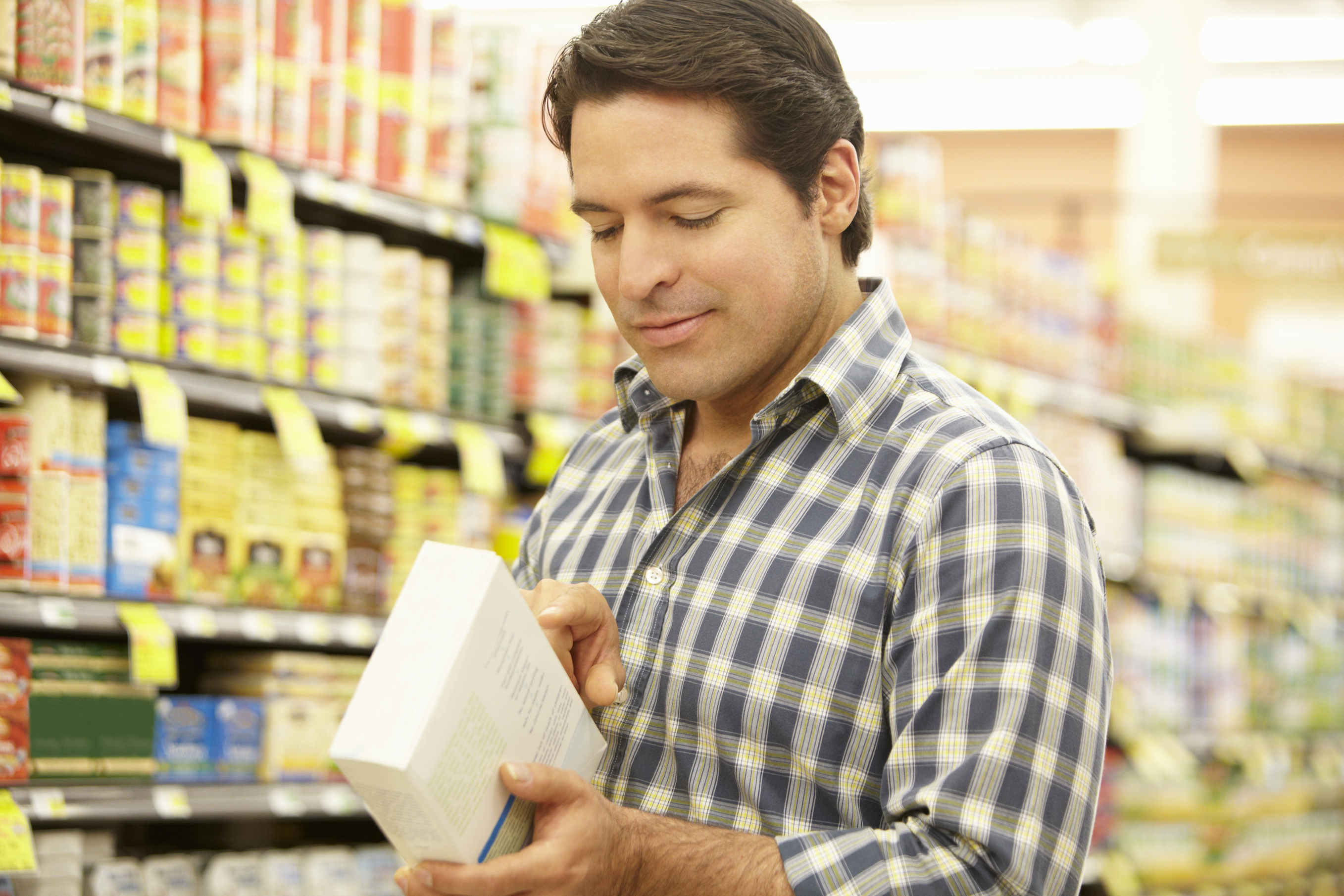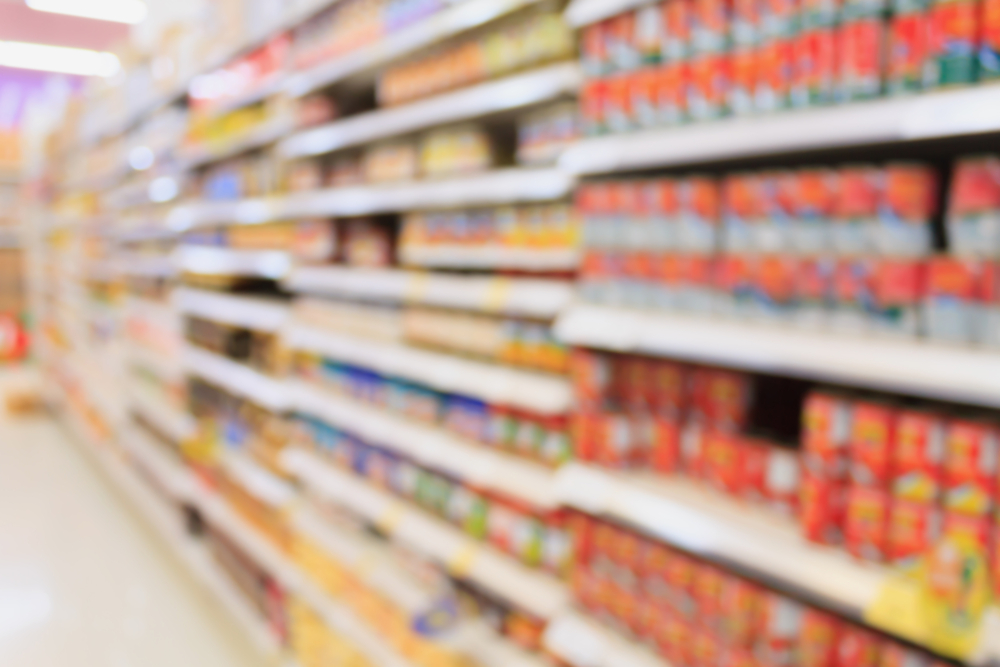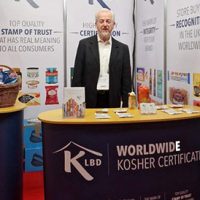The Natural & Organics Show (NOPEX) will be taking centre stage once more at…

Food Labels: Are They Too Confusing?
Food labelling as we know it started in the 20th century, and back then it was simply a way of reassuring people that what they were purchasing was as it was advertised. Governments welcomed such a measure because it was a good method for companies to prove their reliability to their customers.
Now, in the 21st century, things have changed. Food labels include a huge amount of information, most of which is considered to be incredibly confusing for consumers.

Drawbacks of Food Labelling
- Too Many Systems
Different retailers and manufacturers use their own label systems. For instance, some of them use percentages whereas others rely on the traffic light colour symbols and so on.
- Confusing Concepts
People often mistake some terms that are commonly found in labels. For example, ‘natural’ doesn’t always mean organic. Similarly, customers tend to think that if something is labelled ‘gluten-free’ it must be healthy, despite the fact that it may include high levels of sugar.
Despite their drawbacks, food labels are necessary because now, more than ever, people are convinced that ‘they are what they eat.’ Above all, your food labels should be clear, science-based and consumer friendly.
Benefits of Food Labelling
- Control
By labelling your food and offering your customers honest and relevant information, you are giving them the power of deciding what they want to ingest. This gives the control to the client, instead of having them wondering what the terms in the label are supposed to mean. As someone involved in the food market, you want to supply the needs of your customers and make them feel you’re improving their lives, not making them more complicated.

- Reliability
If your food labels are accessible to everyone, you will be constantly reinforcing the trustworthiness of your brand. Whenever someone goes to a big store or supermarket there is a wide range of options available and competition (especially in the food industry) is fierce. That is why is so important to have the trust and support of loyal customers.
- Wider Audience
What should or shouldn’t you include on your food labelling? Some key information can help to encourage more consumers to purchase product. This can be as a result of assuring consumers that there are no nuts in your product or displaying your kosher accreditation. By making this information clear and noticeable, you will attract a wider range of customers who may have specific dietary requirements.
Interested in getting kosher accreditation for your food products? Here at KLBD we offer you a very easy application process in just four steps. We are positive this accreditation will improve your business, so feel free to contact our expert team at any time and they will be delighted to help.




